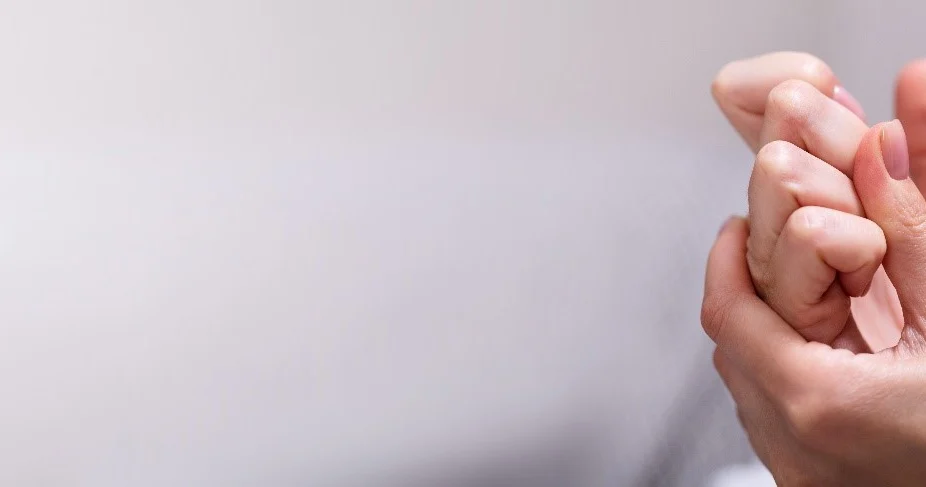Have you noticed that as we get older, we tend to do more “popping” and less “locking” and “dropping”?
Everyone has experienced that unsettling feeling of hearing Rice Krispies noises when bending down to tie your shoe or the satisfaction of cracking your knuckles after finishing a task, but have you ever wondered what causes these sounds? Hi, I’m Tara, a Physical Therapist at SportsCare PT, and today we’re going to discuss what these noises mean.
There have been rumors that popping can be harmful to the body, even cause arthritis. Some people avoid certain activities because they are scared popping is dangerous. Due to these rumors, one researcher was so curious that he performed a study on himself! WHAT A GUY!
For SIXTY YEARS he popped his knuckles on only one hand EVERY. SINGLE. DAY. Throughout the 60 years of popping he took images of his joints along the way and at the end of 60 years he compared the hand he popped every day with the hand he did not pop, and guess what?! The imaging showed that NEITHER hand had any signs of joint disease! This is great news if you’re anything like me and would show off your poppin’ ankles on the playground, or spend long car rides tormenting your little brother by popping your fingers constantly. It turns out popping your joints, while annoying to standers-by, is harmless!
But that still doesn’t tell us WHY this popping occurs… Don’t fret, there’s a study on that too!
In 2015, a medical imaging study was conducted to understand what causes the sound of joints popping. This study found that noisy joints are caused by the formation of a bubble in the joint space. This explains why most of the time you are unable to immediately pop a joint repetitively. The joint needs time to re-accumulate the gas build up in order to form a bubble to create another popping sound. So, the sounds are just air! Nothing to be concerned about.
Talkative joints can also arise from being more flexible! Hypermobility of joints is hereditary and means your joints demonstrate more motion than normal. This is harmless and affects 10-20% of people. So, it’s possible your whole fam is just more poppin’!
BRAIN BREAK: What did one continental plate say to the other?
“Between you and me, I think that earthquake was our fault.”
I know what you’re thinking, “Wow! This is such helpful information, Tara. I am learning SEAUX (cajun so) much about joints and anatomy. But why are my joints MORE poppin’ now than when I was younger?”
Well guess what pain-pals, I can take a crack that question too!
As we age, we tend to hear more popping because the amount of cartilage we have in our body naturally decreases causing more friction between joints. This can lead to more noise when certain motions are performed. Specifically, in our knees. With age we can lose some elasticity and strength in our knee muscles. So when we go from sitting to standing, or climb stairs, we may hear a painless popping noise. This noise is most likely the tendons of our tighter muscles crossing over our knee joint. These noisy tendon sounds can occur more often in the shoulder too because the shoulder has the most moving parts and has the most structures moving over bones.
So, what have we learned? Noisy joints are a common phenomenon. Painless popping and cracking that is not linked to swelling is harmless and most often due to joint hypermobility, or muscle tightness or weakness. If you are concerned about painful popping or popping sounds that are associated with swelling of a joint, schedule an appointment with your doctor or physical therapist for more information.
Thanks for reading another one of my Physical TARApy blogs! Have a crackin’ day pain pals and GEAUX TIGAHS!
References available upon request.

